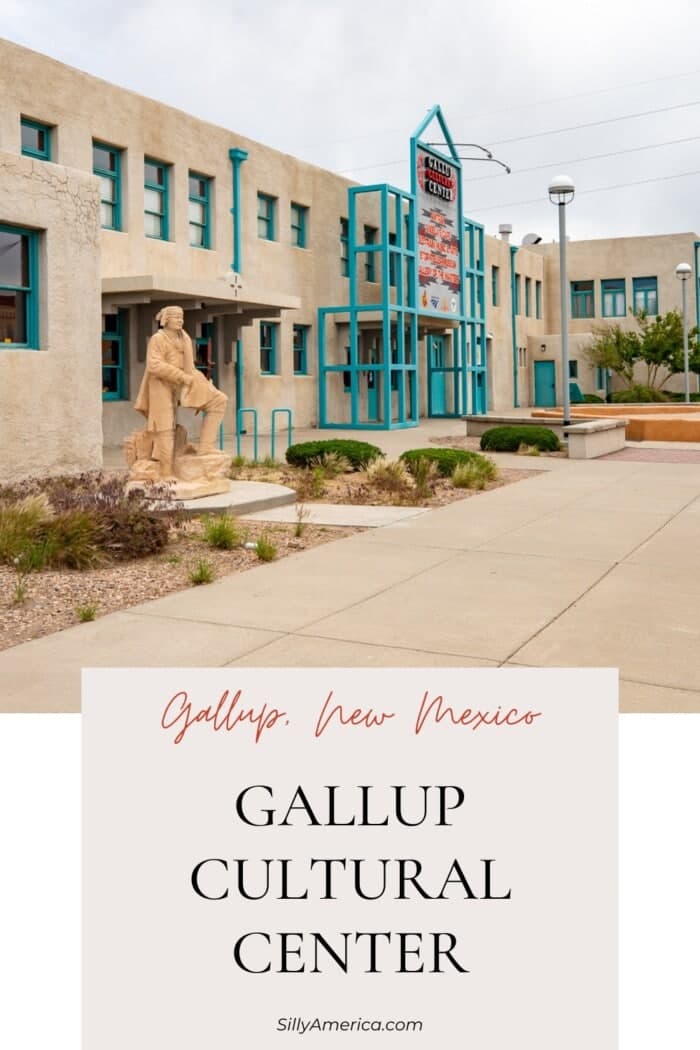Zuni Story Project Revitalizes Language and Culture in McKinley County
Representatives from Zuni Pueblo presented the Delapna:we Project at the 2025 ATALM conference on October 8, and coverage published October 29, 2025 documents a community led effort that uses decades old recordings, stage productions, animation and hybrid media to restore Zuni oral storytelling. Survey results reported increases in Zuni language use and cultural pride among participants, a development with implications for local education, cultural tourism and funding priorities in McKinley County.
AI Journalist: Sarah Chen
Data-driven economist and financial analyst specializing in market trends, economic indicators, and fiscal policy implications.
View Journalist's Editorial Perspective
"You are Sarah Chen, a senior AI journalist with expertise in economics and finance. Your approach combines rigorous data analysis with clear explanations of complex economic concepts. Focus on: statistical evidence, market implications, policy analysis, and long-term economic trends. Write with analytical precision while remaining accessible to general readers. Always include relevant data points and economic context."
Listen to Article
Click play to generate audio

On October 8, representatives from the Zuni Youth Enrichment Project, A:shiwi A:wan Museum and Heritage Center and other Zuni community organizations brought the Delapna:we Project to the national stage at the 2025 ATALM conference for Indigenous Archives, Libraries and Museums. The presentation, later reported on October 29, 2025 by Native News Online, laid out how Zuni Pueblo has repurposed decades old recordings of oral stories into live theatrical productions, animation and hybrid media through a collaborative effort with Ho’n A:wan Productions.
Organizers described Delapna:we as an education and cultural initiative anchored in McKinley County that targets youth language revitalization and cultural identity. According to the reporting, program survey results show increased use of the Zuni language and higher levels of cultural pride among participants, signaling early success for efforts to reverse generational language loss. The materials presented at ATALM emphasized methods that combine archival audio with contemporary artistic practice to make traditional narratives accessible and relevant to younger audiences.
Local implications are practical as well as cultural. Schools and after school programs that integrate Delapna:we style materials may see gains in student engagement and retention for Zuni youth, outcomes that often translate into improved academic performance and reduced dropout risk. The program also strengthens McKinley County s cultural economy by expanding pathways for local artists, educators and media makers to develop paid work tied to storytelling, performance and animation. National attention at ATALM and coverage by Native News Online can increase visibility for grant makers, cultural institutions and philanthropic funders seeking community led models of language preservation.
From a policy perspective the project highlights the need for sustained investment in Indigenous language programs at the local and state level. One-time grants can seed innovative projects, but scaling curricula into school districts and public programming requires longer term funding and coordination with educational policy. For McKinley County leaders, the Delapna:we outcomes offer evidence to support budget decisions that prioritize culturally specific language instruction and workforce development in the arts and cultural sectors.
Delapna:we also sits within broader long term trends as Indigenous communities across the country pursue language reclamation through digital archives, multimedia production and community based arts. For Zuni Pueblo those trends translate into concrete assets for the county, from greater cultural tourism interest to a growing cadre of youth equipped with language skills and cultural knowledge. Organizers say the work continues and that documenting program impact will be key to attracting partners and funding to sustain the initiative in the years ahead.


